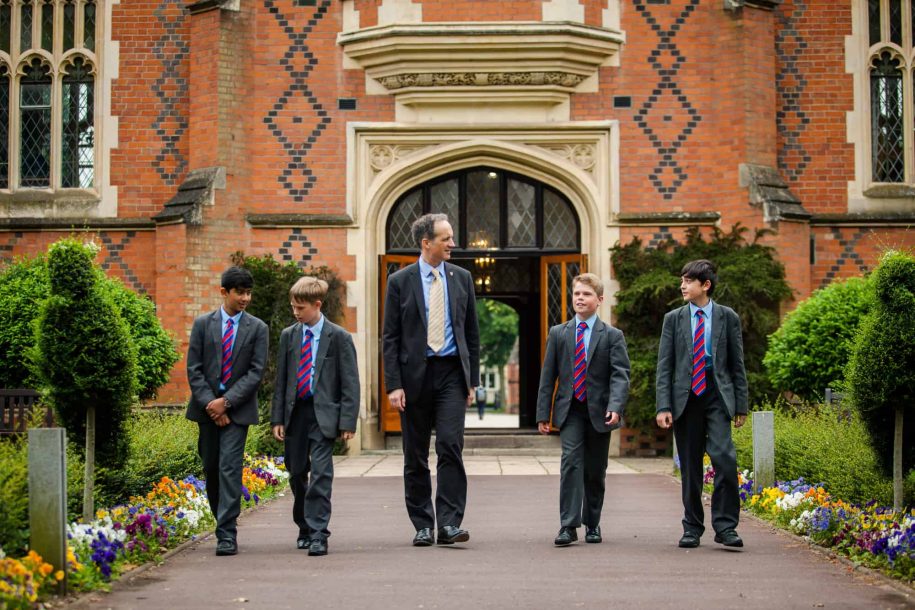What is scholarship?

There are plenty of words in education that are misunderstood. We educators don’t necessarily help ourselves as our liberal use of jargon and acronyms can both annoy and confuse. I was queried recently on my use of the word ‘scholarship’ to describe something that we are seeking to promote in our boys. It seems that most people would think firstly of a financial reward for examination success. However, I’m not referring to an award for an elite few, but rather an attitude or an attribute that we wish to develop in all our boys so that they will wish to continue learning throughout their lives.
There is another term that I use interchangeably: ‘Intellectual Curiosity’ and, indeed, this is one of the phrases (along with Brotherhood, Achievement and Aspiration) that appear on the front page of the school website. What we desire for our boys is the enjoyment of learning for its own sake. Anyone who possesses the self-motivation to spend time delving deeper into their interests is more likely to enjoy his work and to make more progress in his chosen career in the longer term.
I am convinced that our world is intrinsically interesting. You may have someone at home who is less certain: “that’s so boring!”. I feel that we should counter this accusation very strongly. In my experience, children find things boring because they haven’t taken the time to try to understand them. They may respond negatively to the suggestion of visiting a museum out of fear that they won’t understand. Similarly, they might perceive an art exhibition to be boring because they haven’t had the context explained to them. Each summer, when our boys’ art is exhibited at school, I enjoy talking to those present about what they see in each work. A little dialogue can easily assuage the fear and create the confidence to engage. At home, my family has drawn up a list of ‘boring’ museums to visit such as the Pencil Museum in Keswick, the Chair Making Museum in High Wycombe, and of course the Blast Furnace Museum in Ashby-de-la-Zouch. The funny thing is, whenever we actually go to one, we find it much more interesting than might have been predicted because of our collaborative engagement.
I believe that we will make our children more open-minded if we continually look for opportunities to engage them. Do we talk at the dinner table about ideas or current affairs? When we’re in a strange town, do we ignore any adolescent moaning and enter the esoteric museum we pass? At school, we have so many opportunities to engage with learning outside the classroom, whether through lunchtime clubs, lectures or trips. Sometimes, it’s easy for boys to find excuses as to why they should only do the minimum: “I’ve got too much homework”. However, intellectual curiosity is contagious. Acquisition of knowledge snowballs into ever greater curiosity for learning. This is a prime reason for our insistence on independent projects at various stages of a Grammar School education. We appreciate that some boys would rather not participate. However, we know that once the initial fear of the unknown has been overcome, boys enjoy having discovered something that others do not know. Moreover, they develop a greater appreciation of the joys of independent learning that will sustain them through the later stages of their education where academic excellence only comes through deep engagement.
The curriculum, of course, has to be covered, but LGS teachers are actively encouraged to explore areas that lie beyond and that will stimulate the desire to further learning. One of the most irritating questions a teacher can ever be asked is “Is this in the syllabus?”, as if the only things worth learning are those defined by Edexcel or AQA. “Is it in the syllabus?” NO! It’s much more valuable than that!
